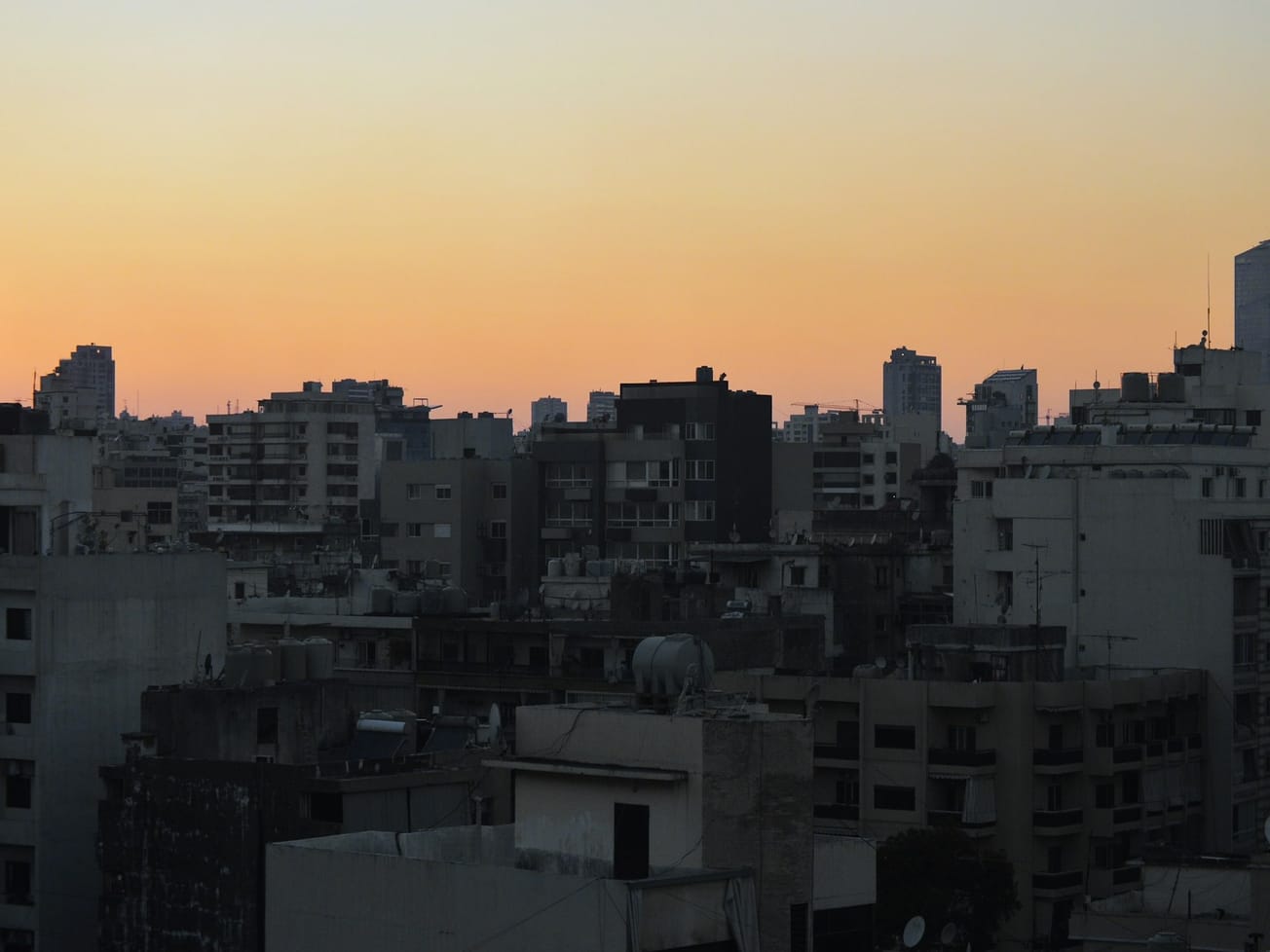The United Nations Security Council called an emergency session in the wake of Israel's deadly strikes on Lebanon's capital, Beirut, and the south.
What's new: The 15-nation council met on Friday amid fears of a regional war. U.N. spokesperson Stéphane Dujarric cautioned that the region is "on the brink of a catastrophe."









